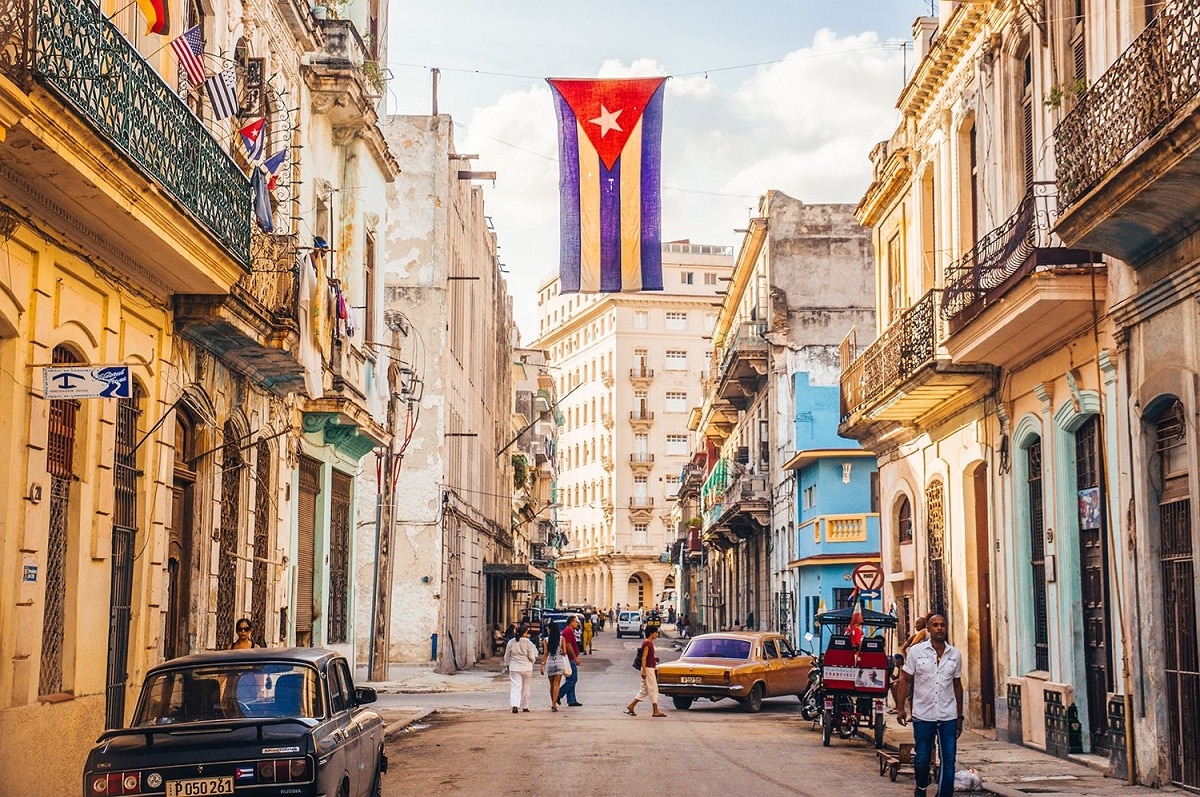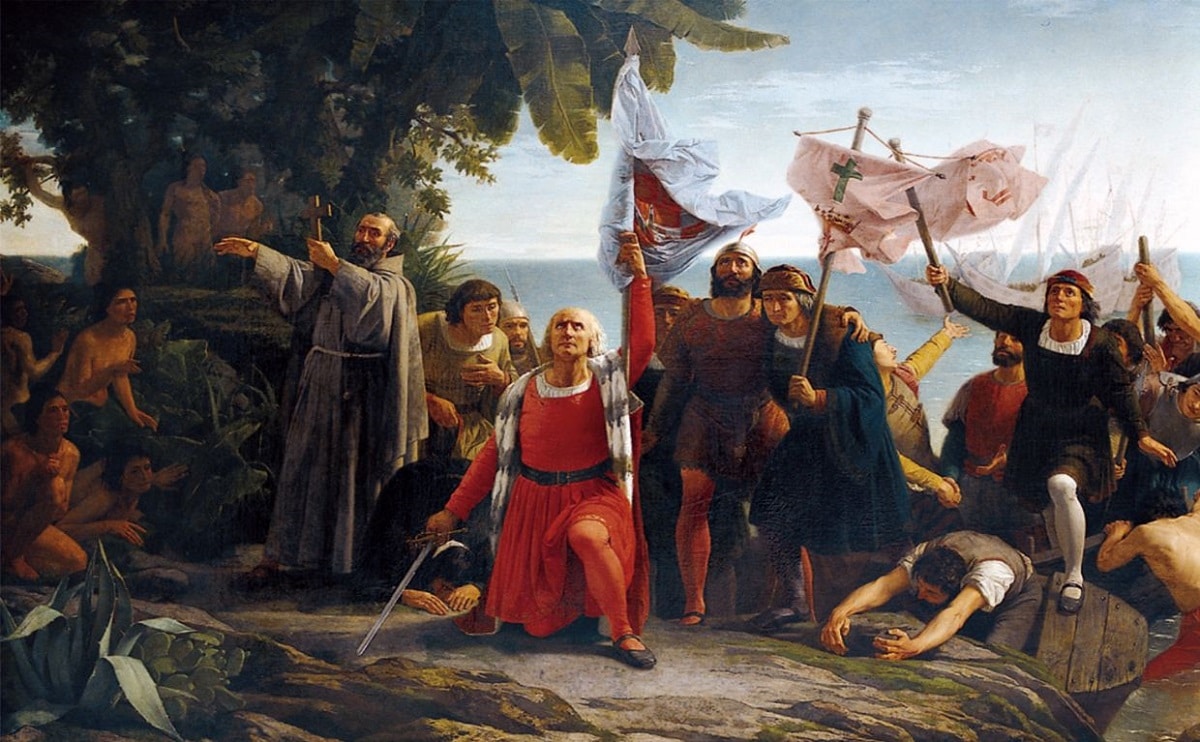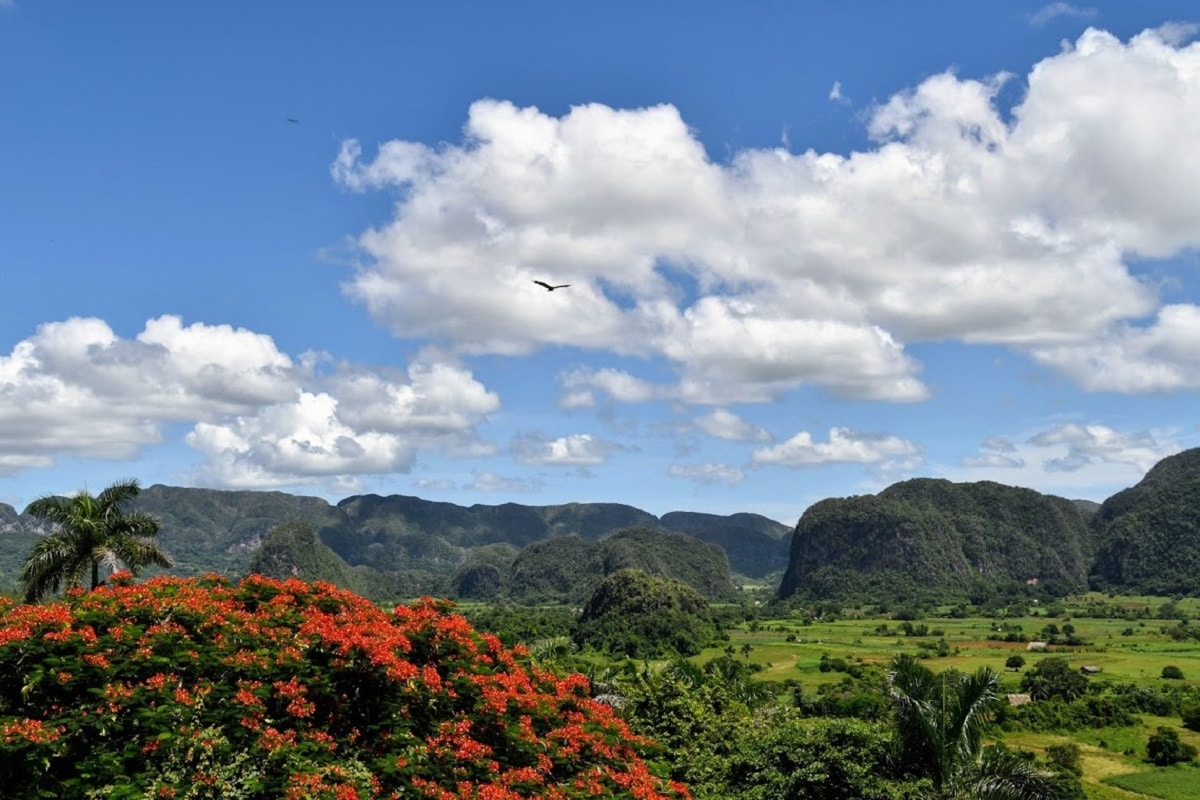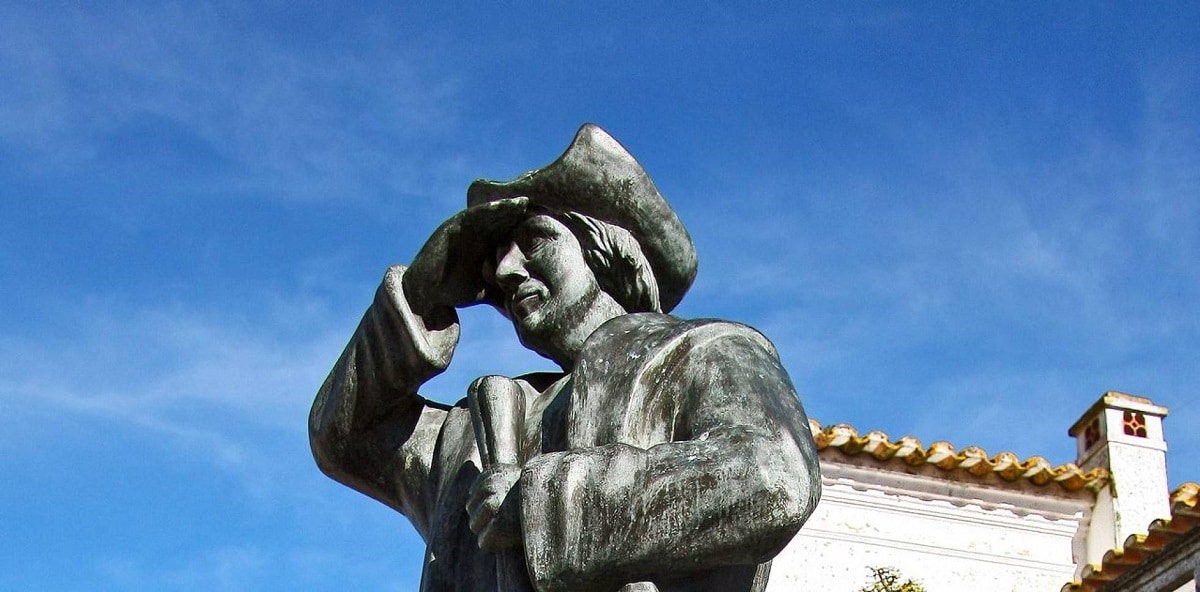
It is the largest island in the Antilles and one of the best tourist destinations in the Caribbean. A unique and special place for so many reasons and with a long and interesting history. But, Where does the name of Cuba come from? What is the origin of its name? This is the question that we are going to try to solve in this post.
The truth is that the etymological origin of the word Cuba it is not at all clear and is still the subject of controversy among scholars today. There are several hypotheses, some more accepted than others, and some of them really curious.
First of all, an important point must be clarified: when Christopher Columbus He arrived on the island for the first time (on October 28, 1492), at no time did he think that he was setting foot on a new continent. In fact, according to their mistaken calculations, that new land could only be Cipango (as Japan was then known), with which the possibility of baptizing the island in any way was not considered.

Christopher Columbus arrived on the island on October 28, 1492, hearing for the first time the word "Cuba" from the mouths of the indigenous people.
Years later, the Spanish decided to name this discovery with the name of Juana island, in honor of the young prince John, the only male child of the Catholic kings. However, this name did not catch on. Undoubtedly, this was influenced by the fact of the premature death in 1497 of the person who was called to be the successor to the crown, at the age of 19.
Subsequently, through the royal ID of February 28, 1515, an attempt was made to make the official name of Cuba that of Fernandina Island, in honor of the king, but the place-name did not catch on. In fact, the official acts of the second half of the XNUMXth century already only refer to this territory under the name of Cuba.
Indigenous origin
Today the most accepted explanation for the question "where does the name of Cuba come from" is that of indigenous origin.
Many Cubans love the idea that the name of their country comes from an old indigenous word: Cuba, used perhaps in the language spoken by the Tainos. This word would mean "Land" or "garden." According to this theory, it would have been Columbus himself who would have heard this denomination for the first time.
Furthermore, it is possible that this same word was used by other aboriginal peoples of other Caribbean islands, whose languages came from the same root, the Arauca linguistic family.

Where does the name of Cuba come from? According to some experts, it could refer to mountains and elevations
Within the same indigenous hypothesis, there is another variant that suggests that the meaning of this name could be related to the places where elevations and mountains predominate. That seems to be demonstrated with some place names proper to Cuba, Haiti and the Dominican Republic.
The father Bartholomew of the Houses, who participated in the conquest and evangelization of the island between 1512 and 1515, points out in his works the use of the words "cuba" and "cibao" as synonyms for large stones and mountains. On the other hand, since then and until today the indigenous name of Cubanacan to the mountainous regions of the center of the country and the East.
The name of Cuba would thus be one of those cases in which the landscape gives its name to the country. Unfortunately, our current lack of knowledge about the Taino and Antillean languages prevents us from affirming this more emphatically.
Curious hypotheses about the origin of the word Cuba
Although there is some consensus among historians and linguists about where the name of Cuba comes from, there are other curious hypotheses that are worth mentioning:
The Portuguese theory
There is also a Portuguese hypothesis to explain where the name of Cuba comes from, although at present it is hardly taken into consideration. According to this theory, the word "Cuba" comes from a town in southern Portugal that bears that name.

Columbus statue in the Portuguese town of Cuba
The "Cuba" of Portugal is located in the region of Lower Alentejo, near the city of Beja. It is one of the places that claims to be the birthplace of Columbus (in fact there is a statue of the discoverer in the town). The idea that supports this theory is that it would be he who would have baptized the Caribbean island in memory of his homeland.
Although it is a curious hypothesis, it lacks historical rigor.
The Arab theory
Even more outlandish than the previous one, although it also has some supporters. According to her, the toponym «Cuba» would be a variation of the arabic word koba. This was used to designate mosques that are topped by a dome.
The Arab theory is founded on the landing site of Christopher Columbus, the Bariay bay, currently in the province of Holguín. There it would have been the flattened shapes of the mountains near the coast that would have reminded the navigator of the Arab kobas.